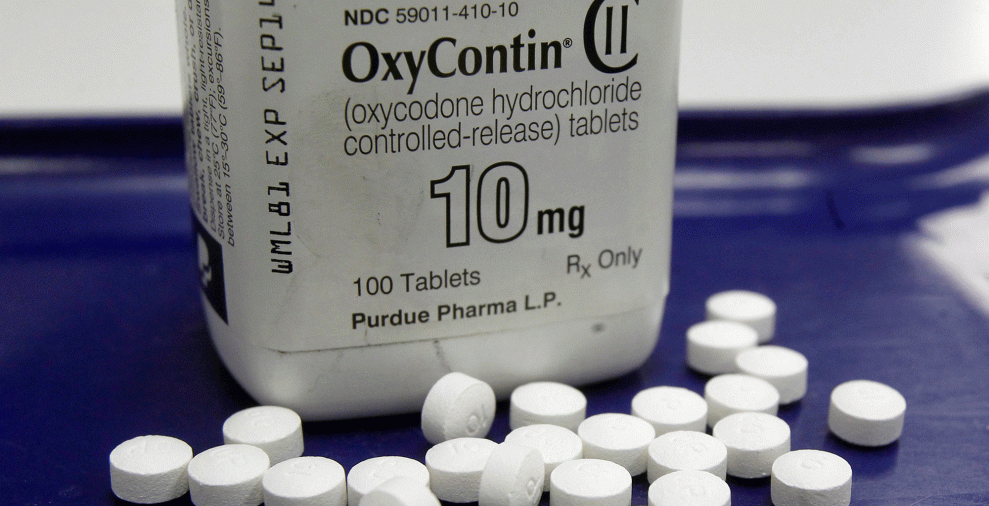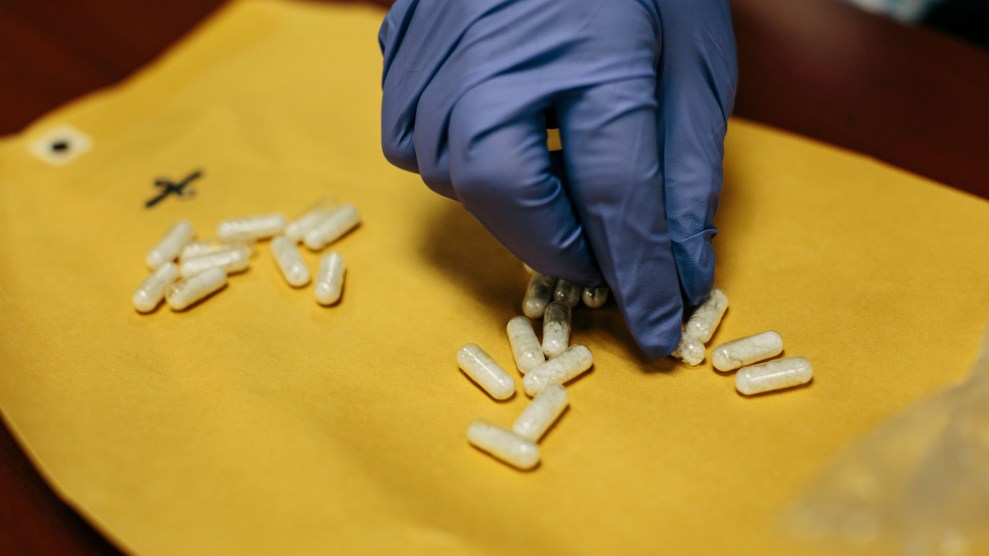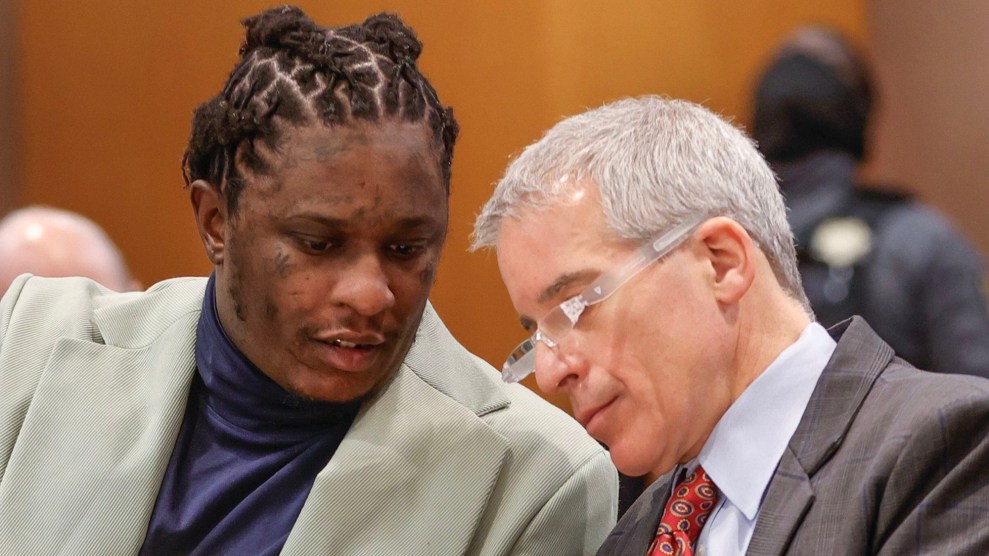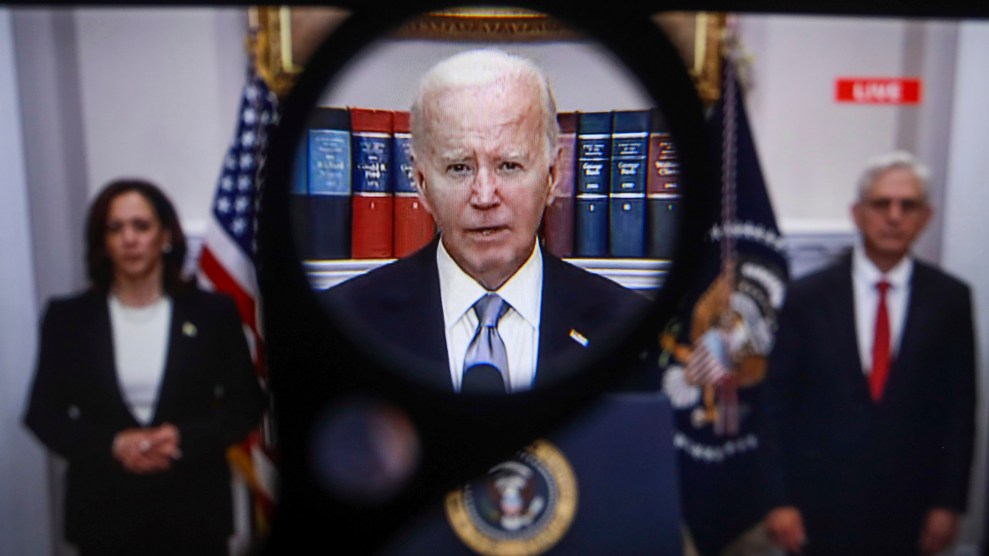
Toby Talbot/A
Purdue Pharma, maker of OxyContin, will pay $270 million to settle a case brought by the Oklahoma Attorney General for helping to lay the groundwork of America’s opioid epidemic. The settlement, announced Tuesday, comes two months before the scheduled start of a televised trial.
The bulk of settlement money will fund a nearly $200 million endowment at Oklahoma State University’s Center for Wellness and Recovery, which will treat “the ongoing addiction epidemic nationwide,” according to a statement from state Attorney General Mike Hunter’s office. In addition, the Sackler family, which is not listed as a defendant in the lawsuit, pledged a $75 million donation to the center on Tuesday.
Only $12.5 million of the settlement—less than 5 percent of the funding—will directly address the epidemic’s ongoing effects in Oklahoma’s cities and counties. Last year, more than 3,000 Oklahomans were admitted to the hospital for non-fatal overdoses; each year, roughly 700 residents die of overdoses.
This marks the first settlement in a flood of more than 1,000 lawsuits brought against the company in recent years by state and local governments for its role in the opioid epidemic, which included heavily marketing OxyContin and misleading regulators, doctors, and patients about the pills’ addictive qualities. The settlement means that the public will not hear details of how the company promoted the addictive pills to doctors and patients. The next possibility for exposure of those tactics may come this fall, when multi-district litigation consolidating dozens of lawsuits from across the country is set to go to trial in Ohio.
Purdue officials acknowledged earlier this month that they were considering filing for bankruptcy because of the wave of lawsuits. Declaring bankruptcy doesn’t necessarily the mean the company would go out of business; it could use bankruptcy as a tool to consolidate the lawsuits it faces and cap the amount of damages it might have to pay.
Purdue has settled previous cases over the years for lesser amounts, including a $10 million West Virginia settlement in 2004. And in 2007, three company executives pleaded guilty to criminal charges for misbranding the narcotic.
Note: This article has been updated.












